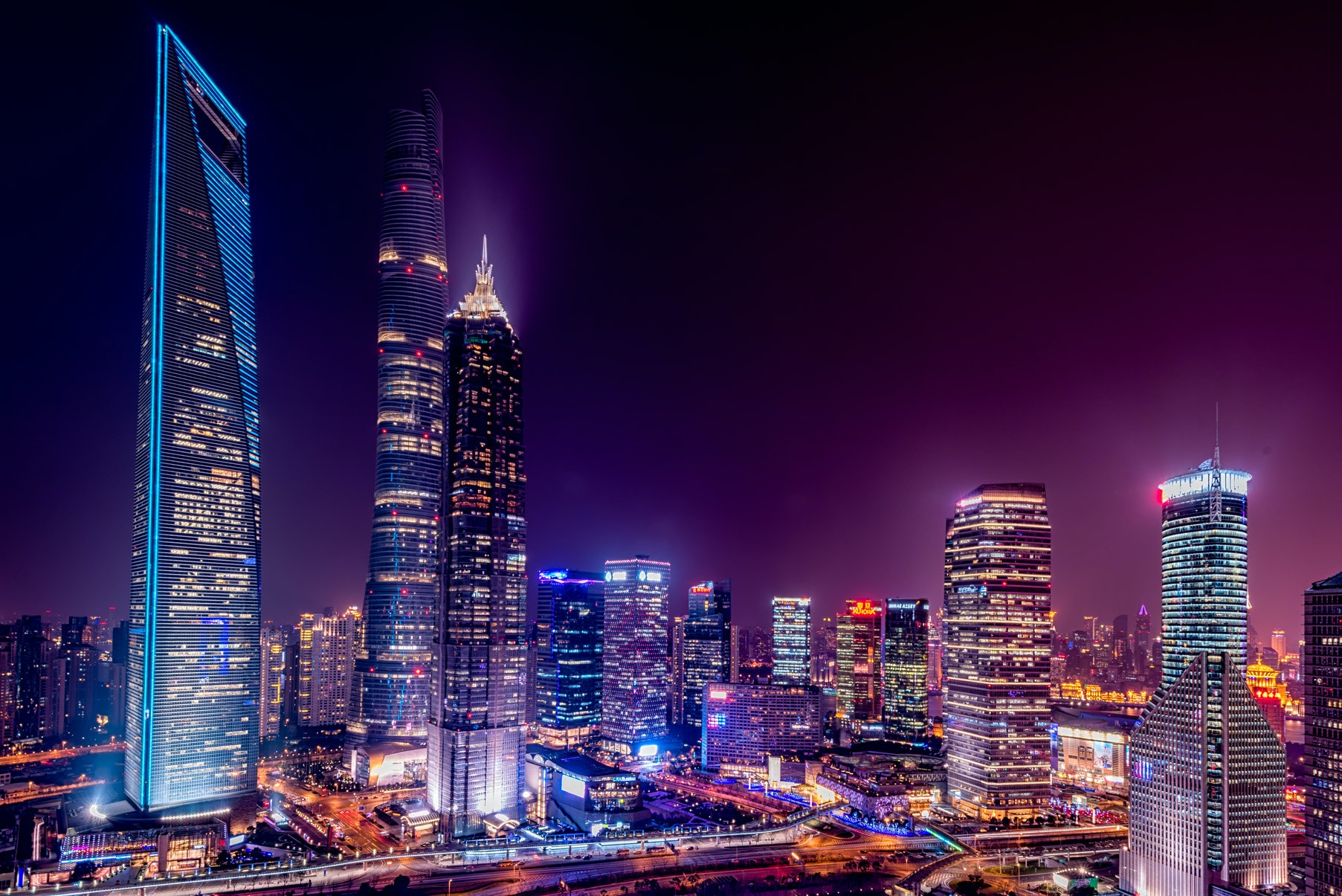
There are (too) many of us
Whether a full-fledged democracy or a bonafide dictatorship, every country has them; regional and local authorities. They come in different forms and sizes such as Dutch Provinces, the German Bundesländer or the autonomous regions of Spain. Apart from regions we also have cities which enjoy a special status both within countries as well within global initiatives such as the Covenant of Mayors. Needles to say that the bigger the city the bigger the sense of entitlement to have a seat at the table. With cities like London, Moscow and Paris operating as near city-states. The enormous number of decentral authorities also creates traffic in the capitals where different umbrella associations have set up shop. In a lot of cases the authorities have set up their own office or nothing short of embassies or even castles.
Folklore and receptions
Regional and local authorities seem somewhat forever in the second row as big decisions (and budgets) lay in the domain of national governments, ministries and the likes as the European Union or even the UN. Also, the ability to tax or legislate evades many of our decentral homies. Together with a strong knack for branding one might be in the impression that decentral governments are reduced to tourism boards or festival venues. This impression is amplified if you go to power-centres such as the Hague, Brussel or Westminster where receptions by regional and local authorities often involve typical cuisine and local beer.
[Like this blog? Sign up for my newsletter to receive similar content every week!]
Neither innocent nor powerless
I have worked for almost nine years for the Province of Zeeland and currently for Amsterdam Transport and I can with confidence say that decentral authorities are neither “innocent” nor powerless. First even the poorest local authority has some budget and some of them even have impressive budgets. A few are even rich. The same goes for the ability to legislate. A lot of national or European laws are implemented through de-central authorities. Not in the least bit the huge amounts of structural funds coming from the EU. Secondly, local and regional authorities have both formal and informal access to the decision making process. Beginning with the access to consultations and even writing a piece of policy or legislation. But also informal routes through the connections of Aldersmans, Mayors and their political peers in Parliament or national governments. Finally, I have seen (and participated) in public-private lobbies, where local governments team up with industry to get something done in the Capital or in the European Union. This combination is very powerful as the industry brings practical value to the table (jobs, solutions, real challenges) and the local authorities can provide access and democratic legitimacy to the lobbying process. A lot of words to say you should start investing in local and regional connections and certainly not take them for granted.

